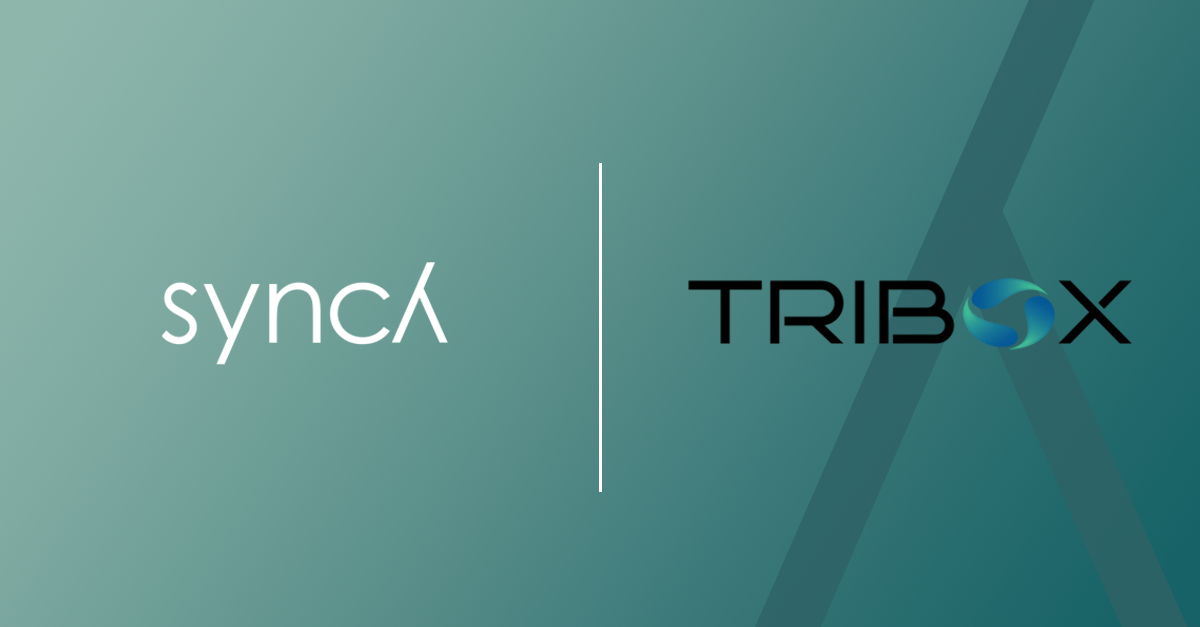The International Chamber of Commerce (ICC) recently introduced their 11th edition of its Advertising and Marketing Communications Code, a significant update in the global standard for ethical advertising. This update, tailored to address emerging challenges in marketing communication, highlights the need for accountability, transparency, and fairness in a rapidly evolving digital environment. The primary objective of the Code is to function as a framework for self-regulation in marketing communications; however, it can also prove useful for non-commercial advertising and other forms of communication.
Core Updates
1. Integration of AI
The updated ICC Code emphasizes that marketers bear the full responsibility for all their marketing communications, including those created or influenced by AI technologies. This extends to ensuring that AI-generated materials meet ethical and transparency standards, regardless of their use in enhancing or editing visuals.
For instance, consider a skincare company using AI to create promotional images. If the visuals depict unrealistic results – such as perfectly flawless skin without imperfections – this could mislead consumers and violate the ICC Code. The updated rules make it clear that AI should enhance creativity and efficiency, but not at the expense of honest and ethical communication.
Both marketers and developers are expected to uphold these principles by maintaining transparency and exercising oversight. By adhering to the Code, businesses can ensure that their use of AI aligns with both ethical practices and consumer trust.
2. Special Provisions for Influencers
The new code explicitly addresses the role of influencers in marketing communication. Influencers, regardless of their audience size, are required to clearly disclose sponsorships, collaborations, or any other form of commercial interest. The code emphasizes transparency, ensuring that followers can distinguish between genuine opinions and paid promotions. This aims to preserve trust and authenticity in influencer-driven marketing.
3. Special Provisions for Children and Youth
Recognizing the vulnerability of younger audiences, the updated code includes specific regulations that ensure marketing directed at children and teenagers adheres to principles of honesty and social responsibility.
4. Sustainability and Environmental Claims
With growing emphasis on sustainability, advertisers are now required to substantiate any claims related to environmental impact, ensuring such claims are verifiable and not misleading.
Key Principles
The ICC’s guidelines rest on foundational principles of being legal, decent, honest, and truthful. All marketing communications must respect societal norms, avoid exploitation of consumer vulnerabilities, and ensure claims are evidence-based.
Implications for Marketers
Marketers are encouraged to adopt these updates not only to maintain compliance but also to foster consumer trust. By doing so, they align their practices with both ethical standards and legal expectations globally. Failure to adhere can result in reputational damage, legal consequences, and loss of consumer confidence.
The 11th edition of the ICC Code stands as a beacon for modern marketing, offering clarity and direction in an age of digital complexity and ethical scrutiny. As companies navigate this landscape, aligning with the ICC’s standards will be vital for sustainable success.
Did you know?
Synch has a fully committed team dedicated to addressing various marketing law matters. From ensuring regulatory compliance to offering strategic guidance, we collaborate closely with our clients to navigate the complexities of marketing law.
With a practical and proactive approach, we help safeguard your brand and build customer trust in an ever-evolving regulatory environment.
This article is written by Anton Miedl a valued Synch’s Student Pool member. This group of talented law students supports our office operations, including reception and administrative duties, while gaining valuable insights into the legal field.









